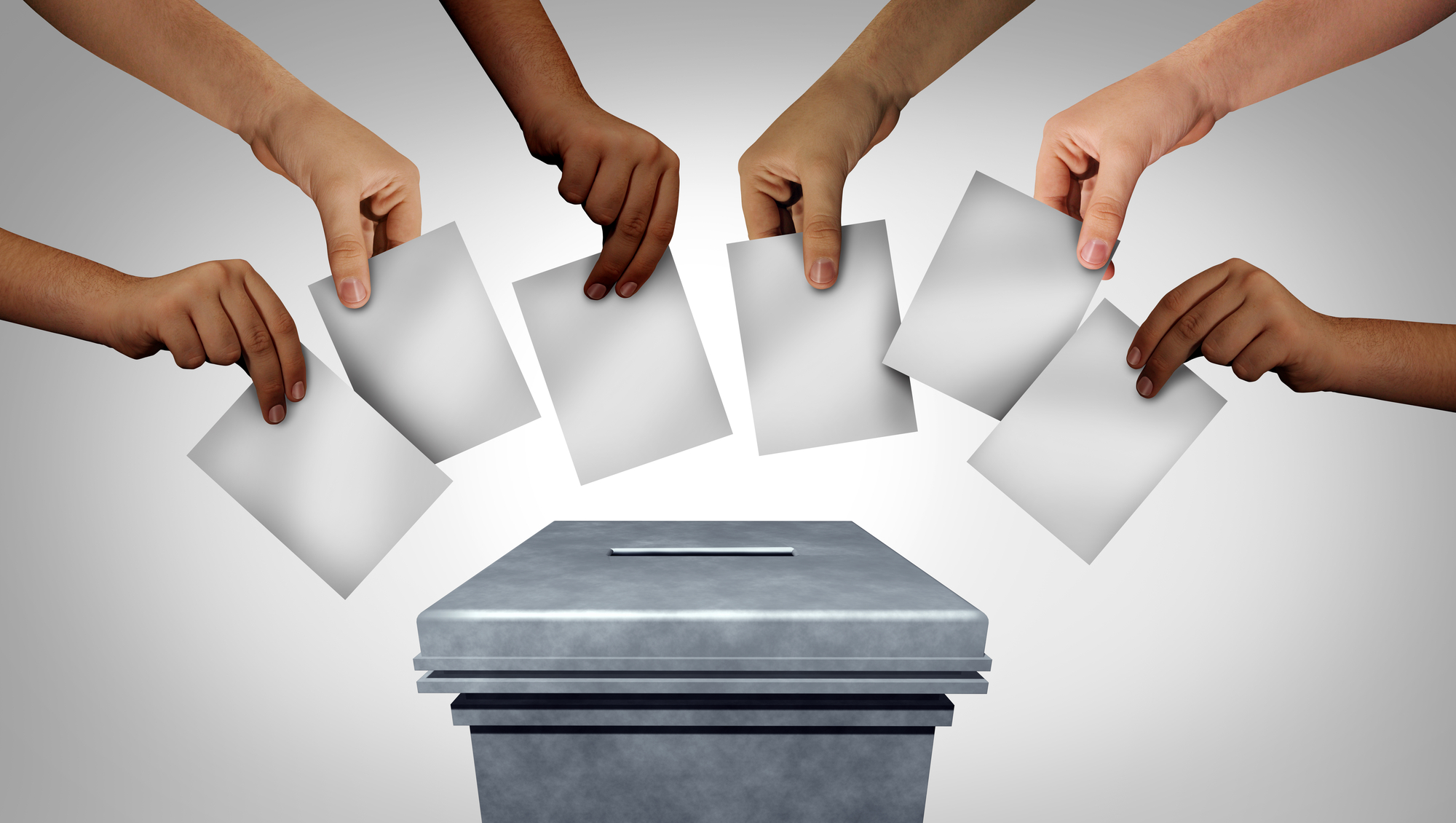Foreign powers seek to disrupt U.S. elections, intelligence officials warn

As the November 5 U.S. elections approach, American intelligence officials are sounding the alarm about foreign interference, specifically from Russia, China, and Iran. These nations are reportedly aiming to exacerbate divisive narratives among Americans and may even consider inciting violence in the aftermath of the voting, according to a report from Reuters.
Officials from the Office of the Director of National Intelligence (ODNI) expressed concerns that foreign actors are primed to launch disinformation campaigns designed to create confusion and erode public trust in the democratic process. “These countries are intent on undermining Americans’ confidence in their electoral system, and their tactics continue to evolve,” one official noted.
The intelligence community has observed that these influence operations, particularly from Russia, Iran, and China, have become more sophisticated, learning from previous election cycles. They may employ familiar strategies, such as misinformation and cyberattacks, while also contemplating physical threats to sow discord on and after Election Day.
Voting system is secure
Despite these threats, U.S. intelligence asserts that foreign interference is unlikely to alter election outcomes, as the voting system remains secure. However, the potential for unrest is real, with officials indicating that Iran and Russia might be willing to incite violence in the post-election period.
A recently declassified memorandum from the National Intelligence Council (NIC) predicts that foreign operatives will likely amplify false claims of election irregularities and disrupt government and news websites to confuse the public about the results, particularly in tightly contested races.
Current polling suggests a close race between Democratic Vice President Kamala Harris and former President Donald Trump, heightening concerns about the integrity of the election process. In response to inquiries about interference, a spokesperson for the Chinese embassy denied any intention to disrupt the elections, emphasizing a desire for stable U.S.-China relations regardless of the outcome.
While Russia and Iran have not publicly responded to the latest allegations, both nations have historically denied involvement in U.S. election meddling.
Russia supporting Trump?
U.S. intelligence has identified ongoing online operations aimed at discrediting candidates, including a recent false social media post targeting Minnesota Governor Tim Walz, who is also on the Harris ticket. The intelligence community traced this misinformation back to Russian influence actors.
Analysts suggest that Russia may be particularly inclined to support Trump’s return to the White House, with officials predicting an escalation of Russian efforts to undermine Harris’ presidency if she is elected.
The NIC also cautioned that Iranian entities may attempt to create disparaging content about Trump, indicating that foreign interference in the election landscape is more than a mere possibility—it is a pressing concern for U.S. officials as the election date approaches.
Potential implications
The potential implications of post-election violence in the U.S. affect various aspects of society, governance, and international relations. Here are some key points to consider:
- Domestic stability and public safety
Increased tensions: Violence could deepen societal divides, heightening tensions between different political and social groups.
Public safety concerns: Escalating violence may lead to heightened security measures, impacting law enforcement resources and civilian safety.
- Political polarization
Erosion of trust: Post-election violence could further erode public trust in the electoral process and democratic institutions, leading to increased polarization.
Radicalization: Groups may become more radicalized in response to perceived injustices or outcomes, perpetuating a cycle of unrest.
- Impact on governance
Policy stalemate: A climate of violence and unrest could hinder effective governance, making it difficult for elected officials to enact policies or address pressing issues.
Emergency powers: Authorities may invoke emergency powers, leading to potential abuses and conflicts over civil liberties.
- Economic consequences
Market instability: Unrest may lead to economic uncertainty, affecting markets and investment as businesses react to the risk of violence.
Disruption of services: Violence could disrupt essential services, leading to economic losses and affecting public morale.
- International relations
Exploitation by foreign powers: Foreign adversaries may exploit domestic unrest to further their interests, potentially increasing geopolitical tensions.
Diminished global standing: A reputation for instability could affect U.S. influence on the world stage, impacting alliances and foreign policy.
Enjoying this article?
Subscribe to get more stories like this delivered to your inbox.
- Media and misinformation
Amplified misinformation: Post-election violence may be exacerbated by misinformation campaigns, complicating public understanding of events and further fueling unrest.
Media polarization: Coverage of violence may vary widely, further polarizing public opinion and complicating the narrative around the elections.
- Long-term societal impact
Psychological effects: Ongoing violence may lead to long-term psychological effects on communities, including trauma and a pervasive sense of insecurity.
Civic engagement: The perception of violence and instability could discourage civic participation, reducing voter turnout and engagement in future elections.
Resilience and commitment
As the nation approaches a pivotal moment in its democratic journey, the focus must shift from mere resilience against foreign threats to a robust commitment to safeguarding democratic norms. Engaging citizens in constructive conversations about electoral integrity and the consequences of disinformation can help build a more informed electorate, capable of withstanding both external manipulation and internal discord.
Ultimately, the responsibility lies not just with government officials but with every American to protect the principles of democracy. In doing so, the nation can emerge from this election cycle not only with a renewed commitment to democratic values but also as a more united society, capable of confronting challenges both at home and abroad.
